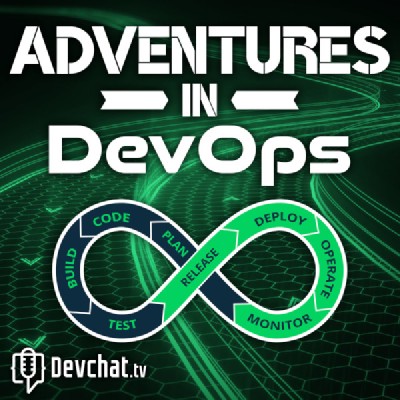Knowledge options
Normally when we think of up-skilling, we think of taking a class. But what if you never use that knowledge? A knowledge option is a tool to reduce this risk.Okay, so I lied. Yesterday I said I was concluding my thoughts on real options, but there’s one more thought I want to share on this topic.
That is the concept of Knowledge Options. I was introduces to this concept in the book Commitment: Novel about Managing Project Risk, a very digestiable graphic novel (yes, you read that right) about project risk through the lense of real options.

So what is a knowledge option?
Normally when we think of up-skilling for the job, we think of taking a class, reading a book, or maybe watching some YouTube videos, to learn Terraform, Kubernetes, or some new web framework.
This may help us prepare for a future project, or maybe even land a job.
But the risk is that you may spend 6 months learning all you need to know about AWS, but then get a job that doesn’t even use AWS, or be assigned to a project focused on machine learning instead. In such a case, the time you spent learning was not only wasted, but a lost opportunity to instead learn about machine learning (or whatever).
So this is where a knowledge option comes in handy. A knowledge option is the option, but not the obligation to acquire knowledge.
Think AWS might be useful? Learn just enough to know what you don’t know, and to predict how much effort it would be to learn enough to be useful.
I’ve been doing this in a sense, for years, without realizing the concept had a name. Whenever I attend conferences or meetups, my favorite sessions are the ones that teach me about a new topic, technology, framework, or langauge. After a 1-hour lecture about Rust, I’m not going to be able to write any programs in Rust. But I will have a pretty good idea of what Rust is about, and when it might be useful to learn it.
Of course this is not enough to put Rust on my résumé. If that’s a goal, I should probably spend at least a couple of months brushing up on the basics.
The important thing is, with some practice, you can learn to keep a sort of mental (or documented) list of knowledge options: Things you can learn as soon as you have a compelling reason, but without having invested the full time to learn everything (since none of us will ever live long enough to do so anyway).



